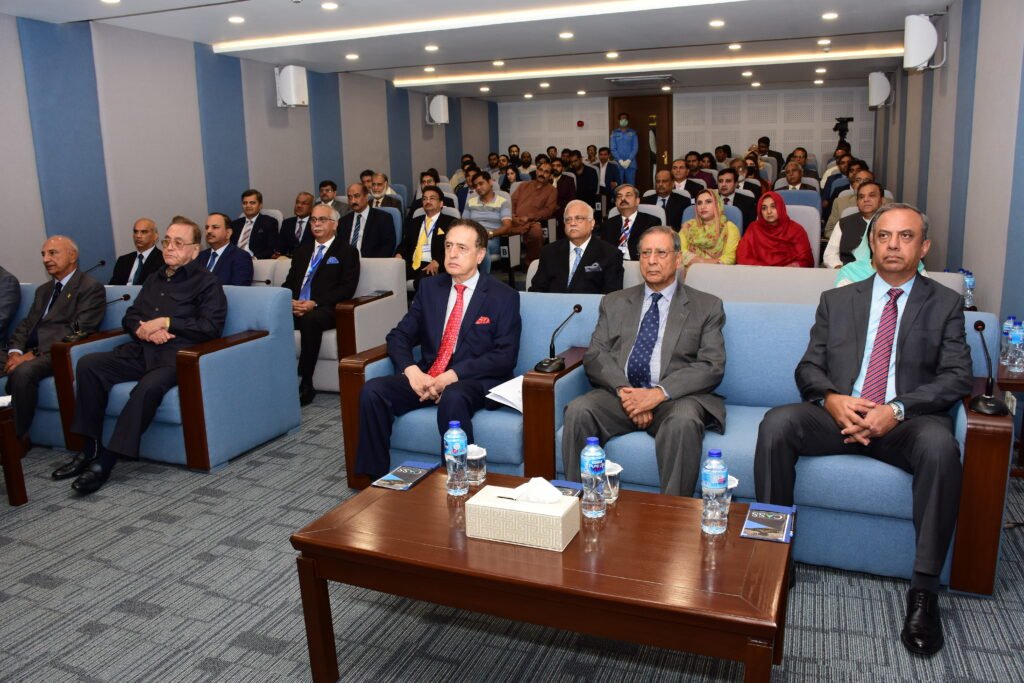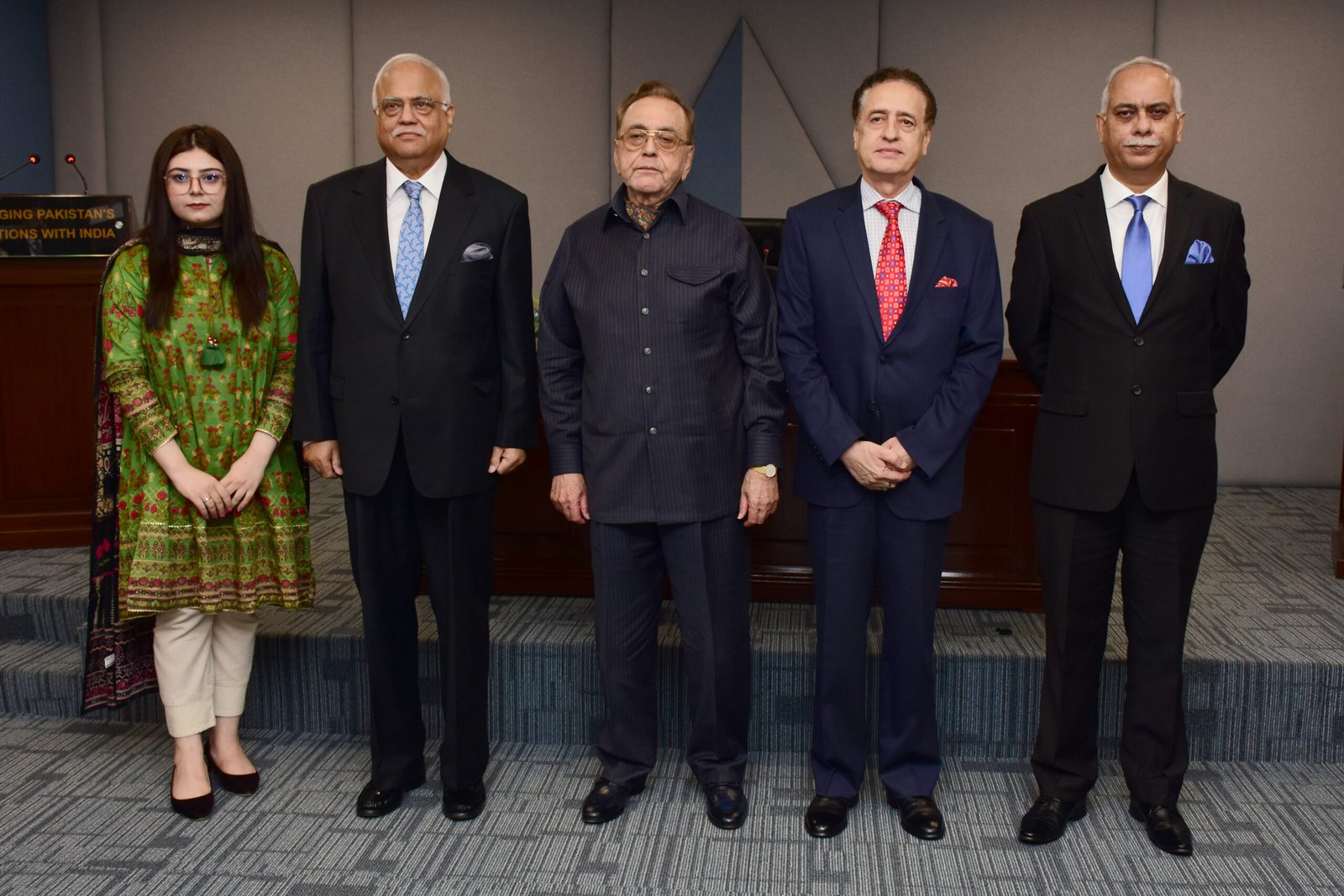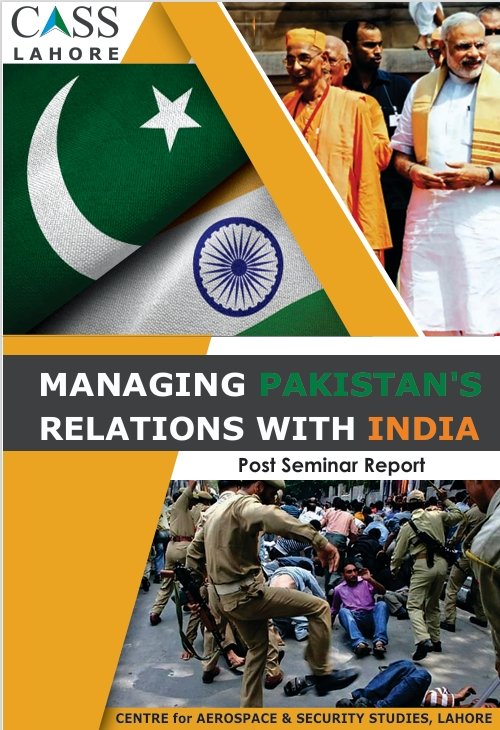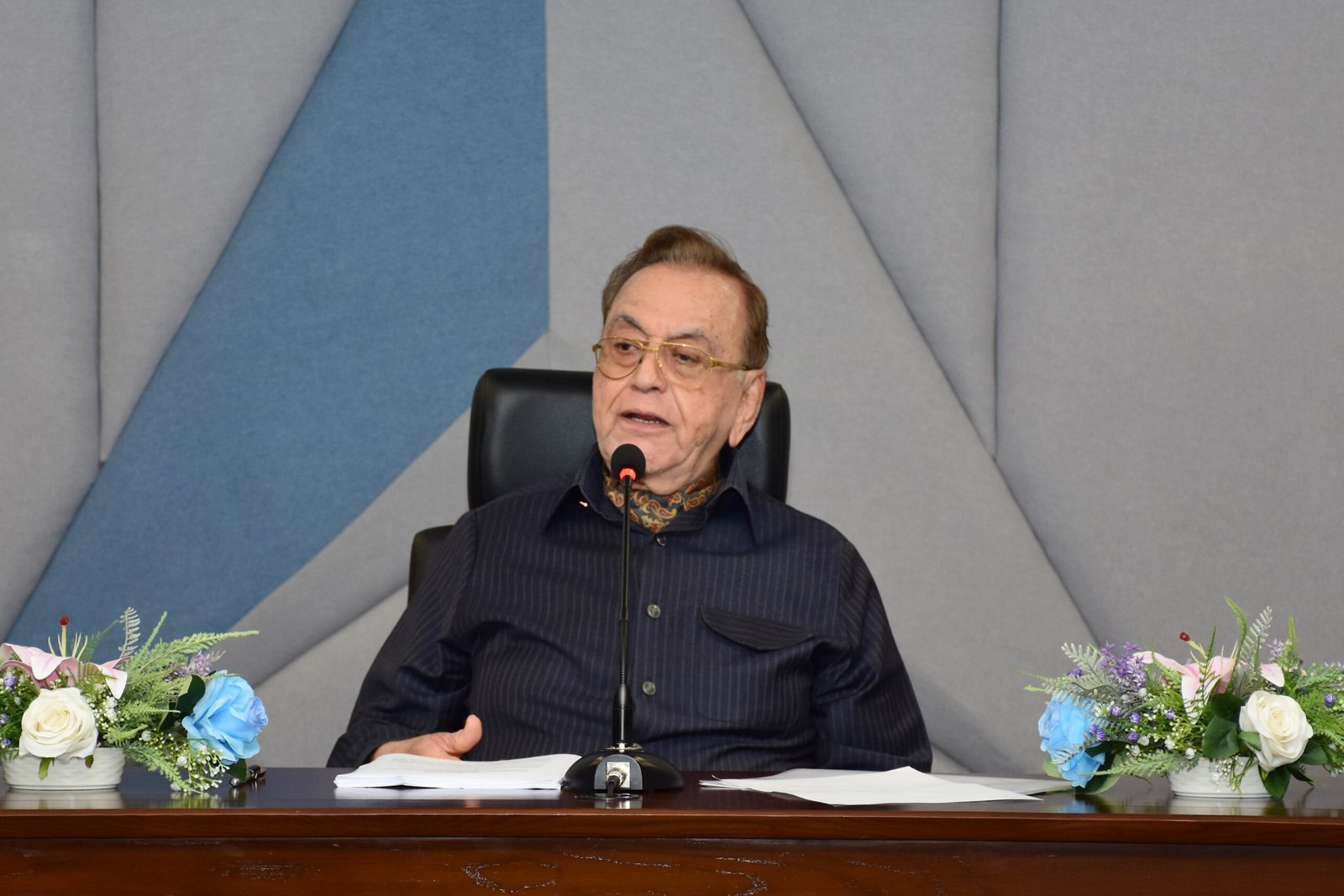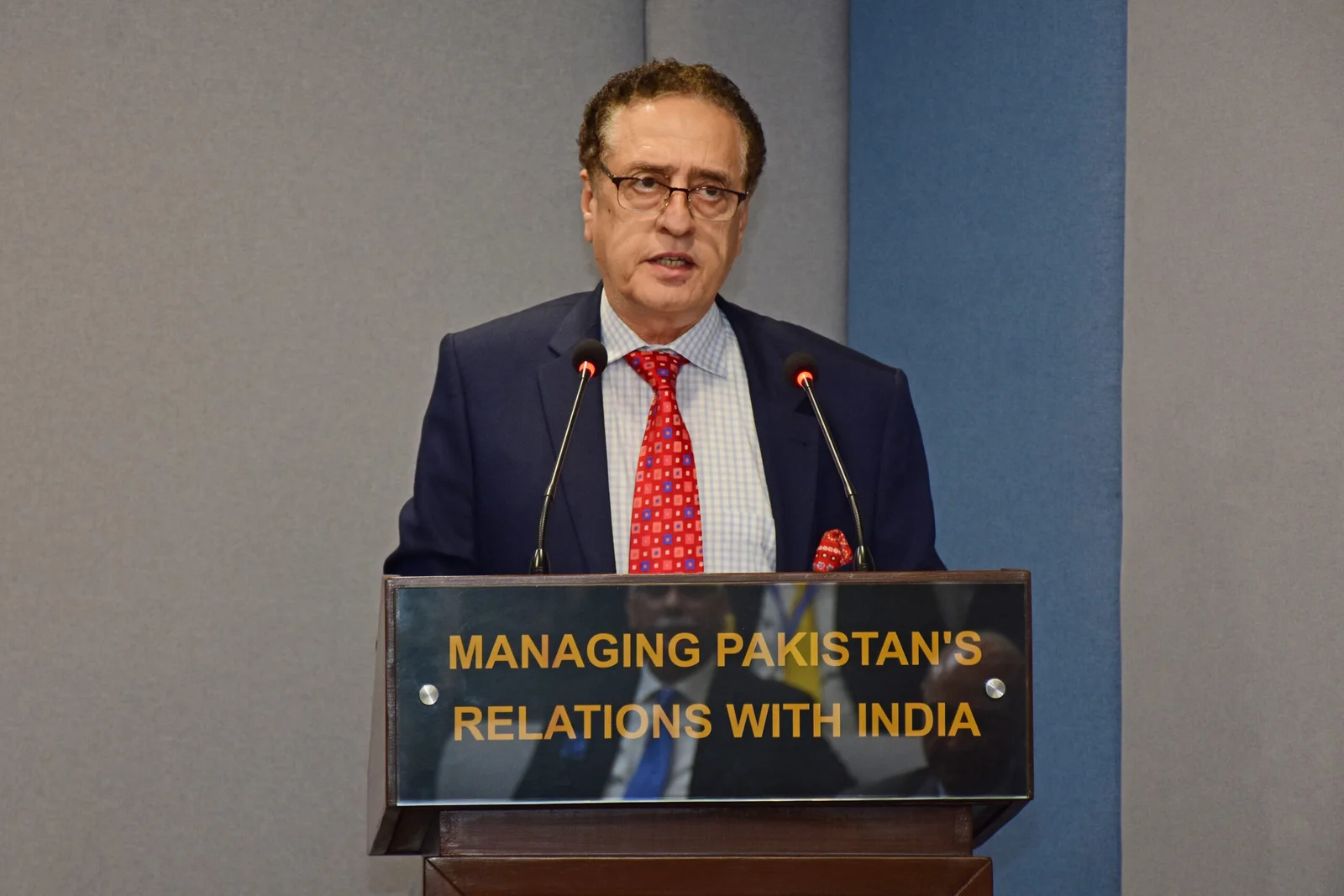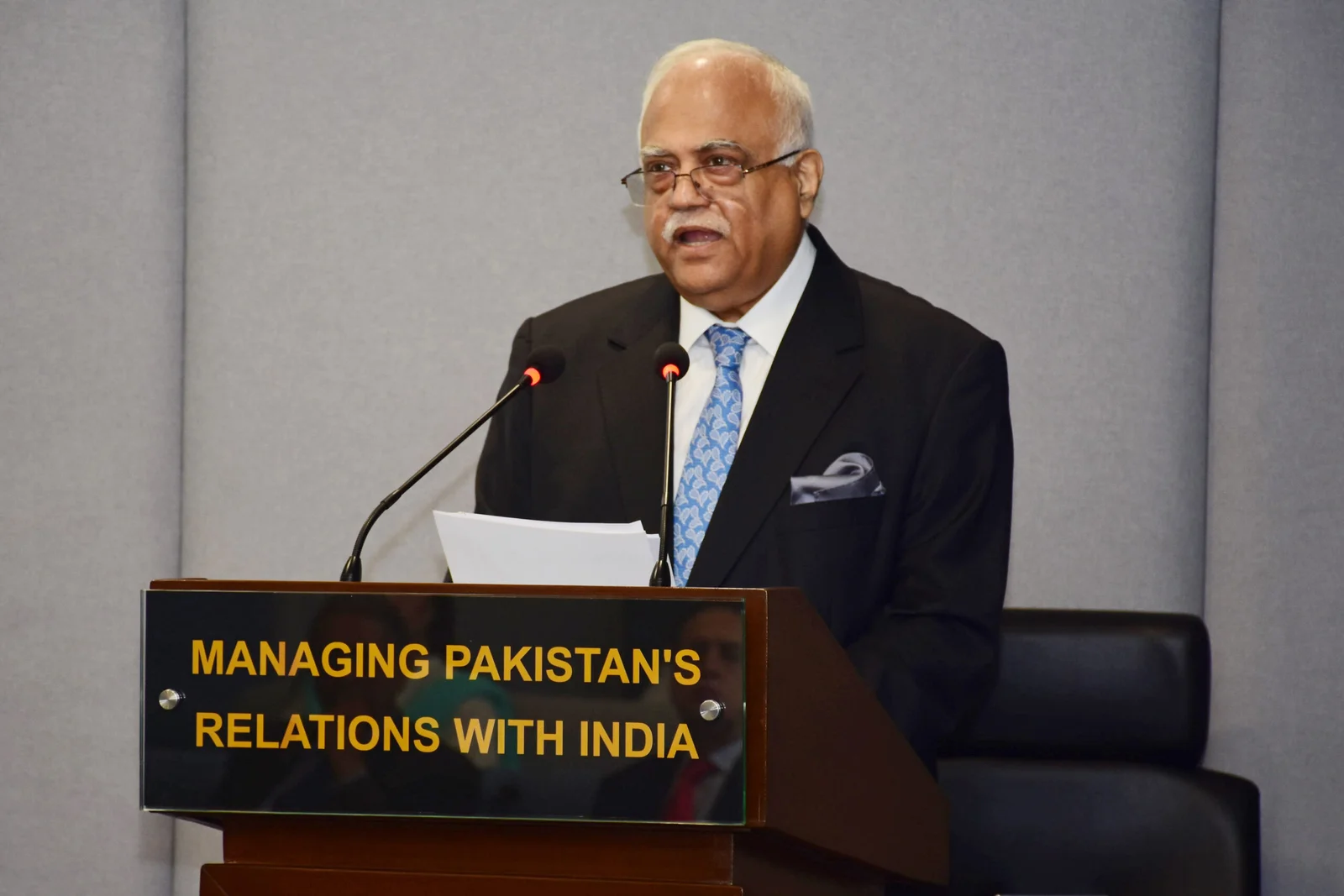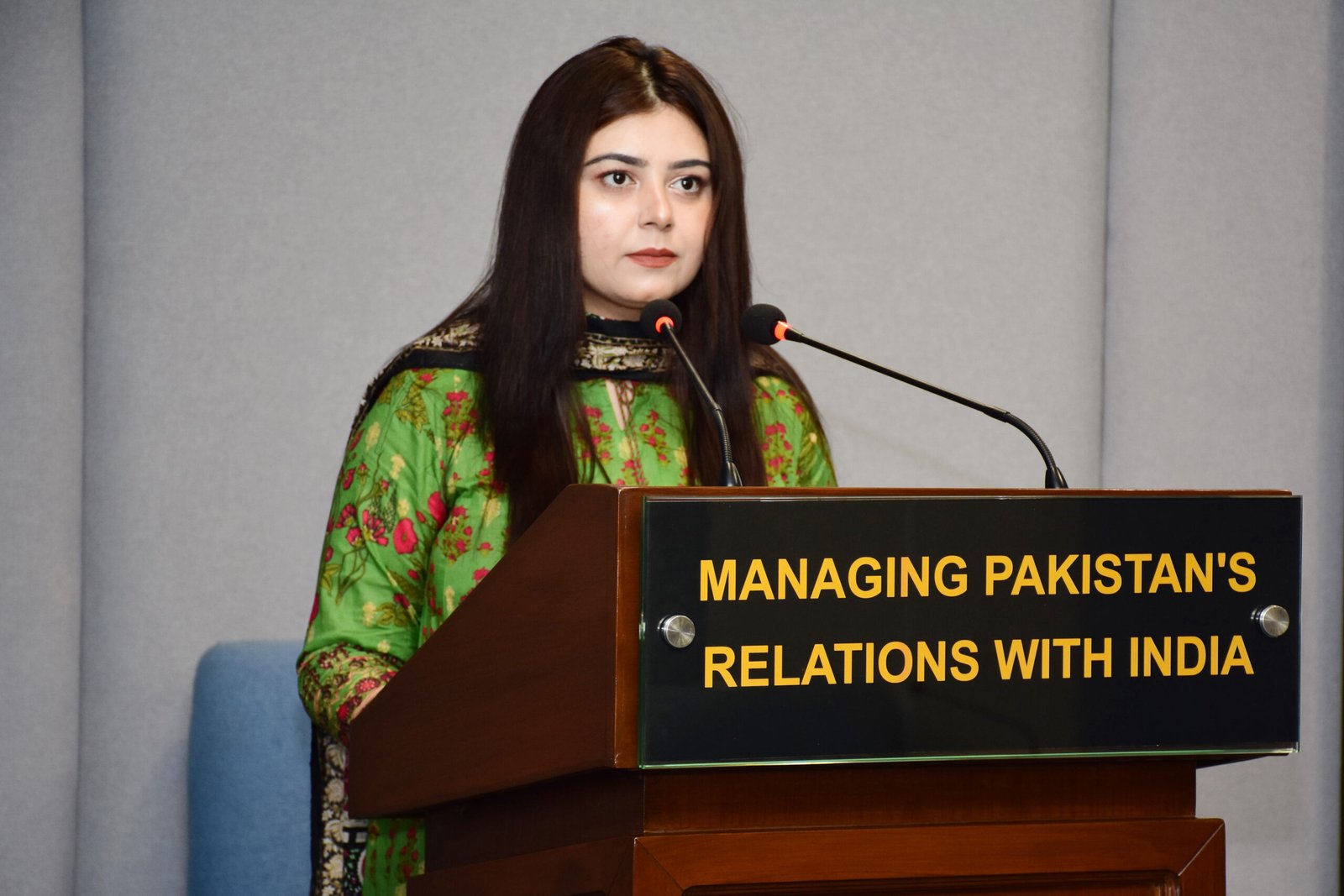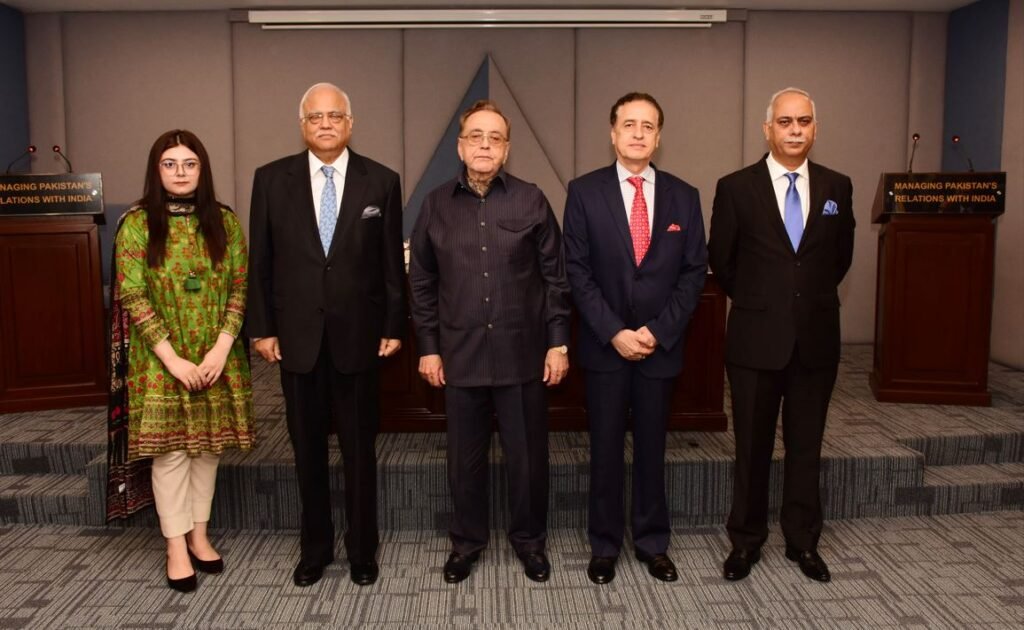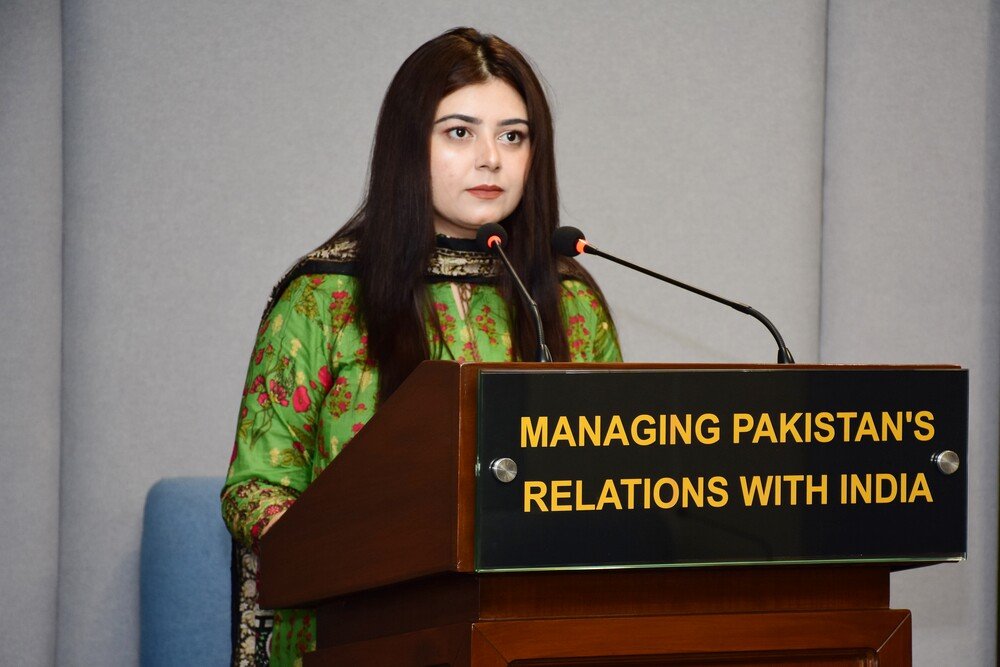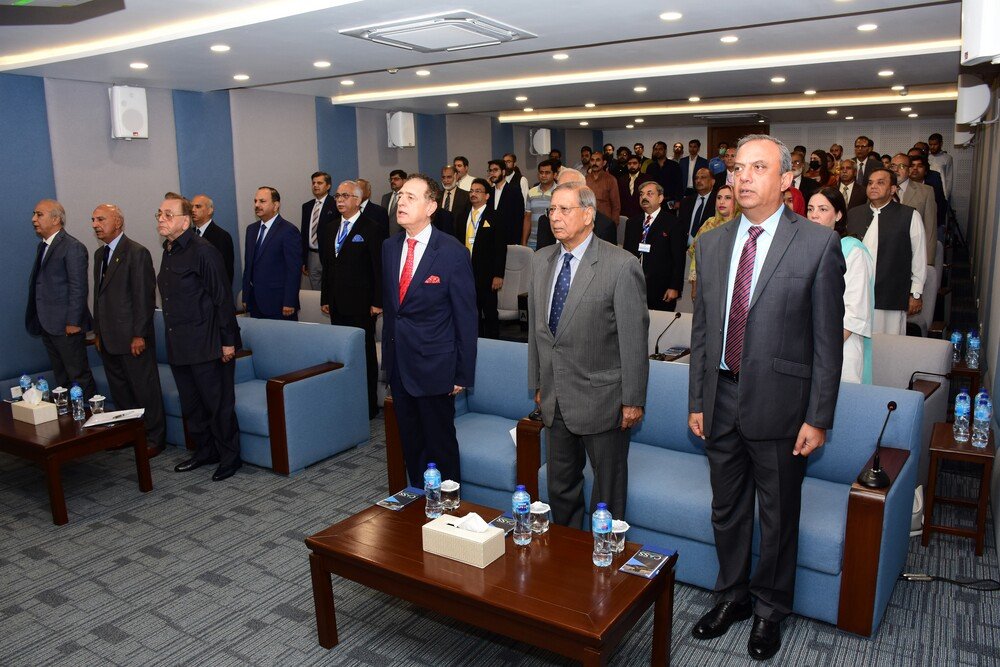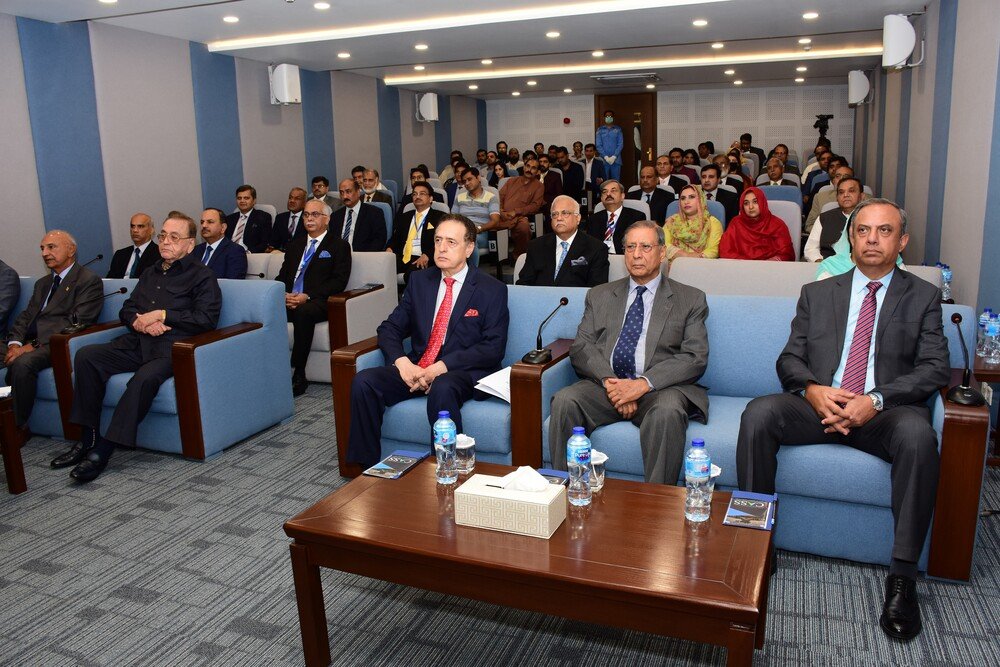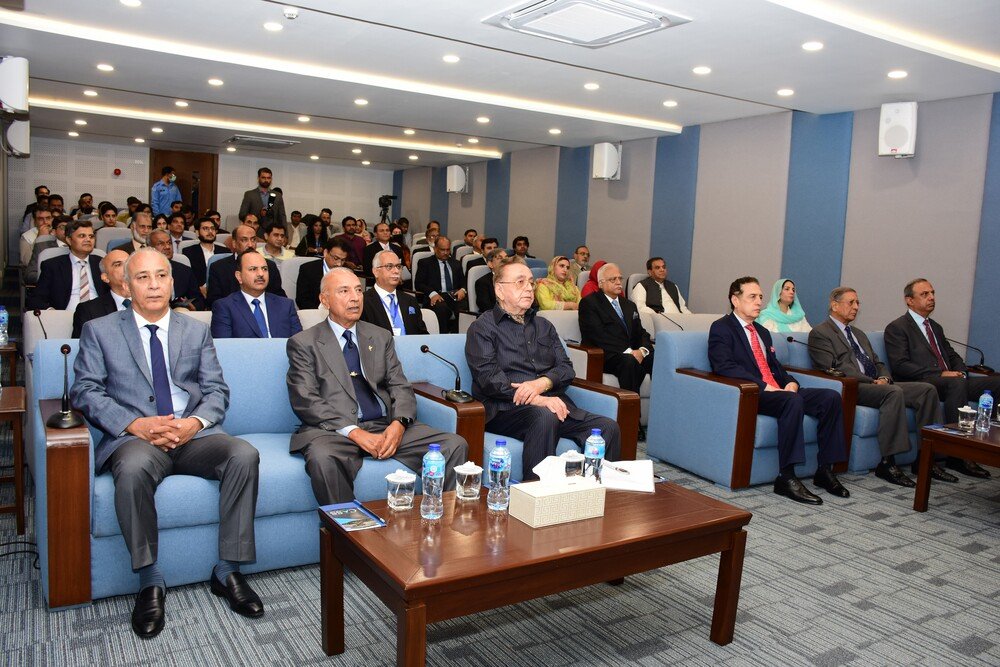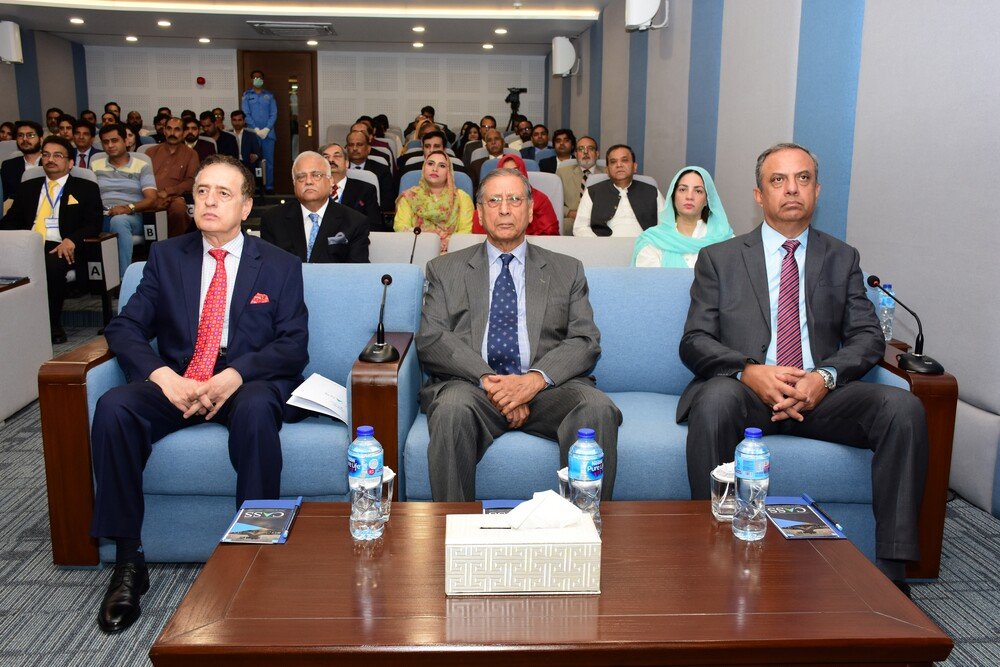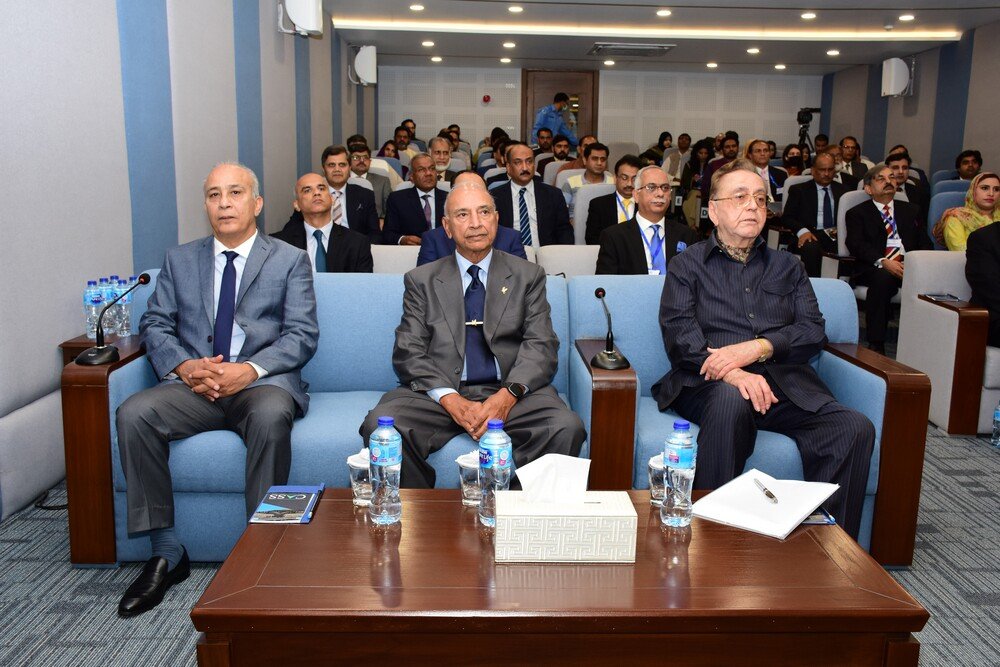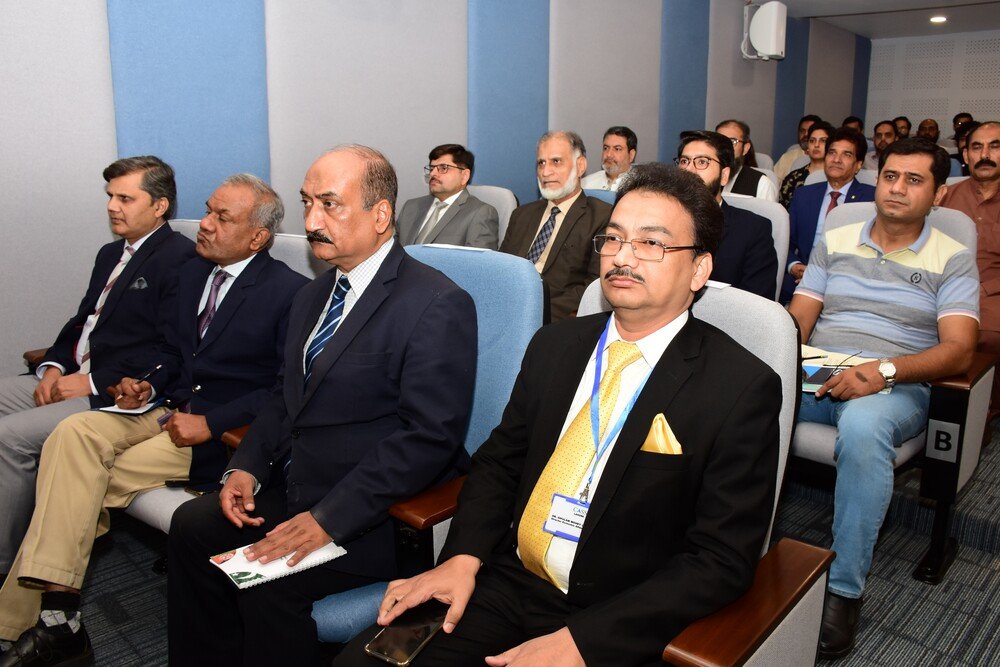A Principled Approach to Pakistan’s Relations with India
- Pakistan desires good neighbourly relations with India based on sovereign equality, mutual respect, and the peaceful settlement of all outstanding issues, especially the Jammu and Kashmir dispute.
- Pakistan desires to be treated as an equal and regards Kashmir as the core issue for peace and friendship with India. India does not accept this viewpoint.
- India’s refusal to have a meaningful discussion on Kashmir and its hegemonic policies has been a recurring source of conflict and tension between the two countries.
Kashmir Issue
- The people of Jammu and Kashmir have an inalienable right to self- determination, as promised to them by the international community within the framework of relevant resolutions of the UN Security Council.
- The Kashmir issue is alive and will remain so as long as the valiant people of Jammu and Kashmir refuse to accept the illegal Indian occupation and continue their brave struggle.
- India’s illegal and unilateral actions of 05 August, 2019, cannot negate the international legality on the Jammu & Kashmir issue. The people of Jammu and Kashmir, Pakistan, and the international community have categorically rejected India’s illegal actions.
- International human rights organisations have emphatically condemned the gross human rights violations and inhuman atrocities being carried out by India in IIOJK.
Hardening of the Indian position under the BJP
- Under the BJP, especially since 2014, when Mr. Narendra Modi became the Prime Minister, India’s attitude towards Pakistan has hardened.
- The Indian government, manifesting its hostility towards Pakistan, seems determined to cast Pakistan in a negative light and is squandering all opportunities to de-escalate tensions.
- No bilateral contacts took place on the sidelines of the SCO Foreign Ministers’ Meeting which Pakistan’s Foreign Minister attended in Goa.
Possibility of a Way Forward
- The history of Pakistan-India relations is one of missed opportunities.
- A climate of tension and hostility is neither in the interest of India nor Pakistan.
- It is in India’s interest to have good relations with Pakistan, and it is in Pakistan’s interest to have good relations with India.
- A meaningful and uninterrupted dialogue is the only way forward for resolving longstanding disputes, creating a climate of trust and confidence, and creating conditions for peace and security.
Out-of-the-Box Thinking
- The former Foreign Minister, Mr. Khurshid Mahmud Kasuri, believes that those in power in Pakistan have been compelled to think out of the box. This was true even of the Indian leaders, who, despite all sorts of tall claims, found it in their interest to talk to Pakistan.
Operation Swift Retort
- Before Operation Swift Retort, there was a lot of pressure on the Pakistani government to show restraint, but peace should never come out of weakness. It was important for Pakistan to show its strength. India lost two aircraft, and one Indian pilot was taken captive.
Four-Point Proposal
- The former Foreign Minister, Mr Khurshid Mahmood Kasuri, feels that the Four Point Proposal is still relevant for a possible dialogue with India.
- He asserts that his book Neither a Hawk nor a Dove, provides the only authentic account of backchannel negotiations from 2003–2007, when, according to him, a solution to the Kashmir issue was within the grasp of the two countries.
- The advance copies of his book were provided to the Indian Prime Minister Manmohan Singh, the Indian opposition leader Mr. L.K. Advani, and President Musharraf, none of whom challenged his account.
- Even the current Prime Minister, Mr. Narendra Modi, found it necessary to talk to Pakistan even as late as 2017. This fact is confirmed in the late Satinder Kumar Lambah’s book, ‘In Pursuit of Peace: India-Pakistan Relations under Six Prime Ministers’.
- Populism is often used as a tool for political manipulation.
The US and its Indo-Pacific Strategy
- The main purpose of the current US Indo-Pacific strategy is to confront the rising power of China. In this context, India has become a strategic partner for the US. This has strategic implications for Pakistan.
- China is Pakistan’s principal strategic partner.
Pakistan’s Internal Challenges
- To overcome Pakistan’s dependence on external aid, there is an imperative need for internal unity, stability, and good governance.
Essentials of Back Channel Diplomacy
- Diplomacy must be based on truthfulness and credibility. Backchannel emissaries should have direct access to the top and work away from the media glare.



